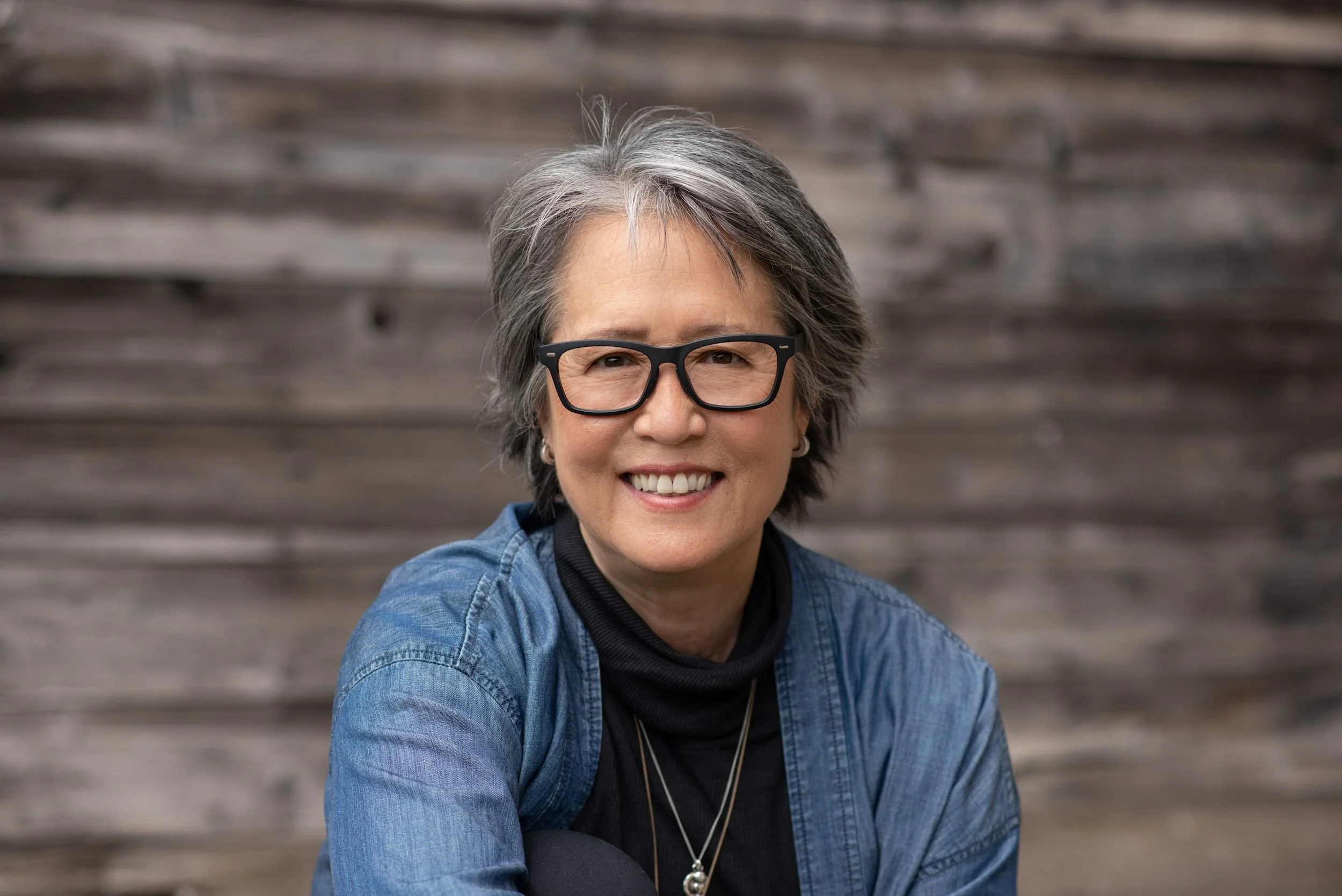$20 Suggested Donation
“Ever since 1996, when I started working on my first novel, I’ve kept a detailed process journal, where I analyze and develop ideas, and write informally about writing. I think of my journal as a friend, one who never tires of listening to me whine, boast, complain and vent, who is a little bit wiser than me, and often finds solutions to the problems of plot or character that I’m struggling with.
I will do a reading from my novels and share some of the corresponding excerpts from the journal. This is not material I usually share with the public, but I think the focus on process might interest the writers and other creative artists in the Twenty Summers community. It’s always fun to see the gears and cogs malfunctioning and to expose the ridiculous amount of effort it takes to make the work seem effortless!”
Ruth Ozeki is a novelist, filmmaker, and Zen Buddhist priest, whose books have garnered international acclaim for their ability to integrate issues of science, technology, religion, environmental politics, and global pop culture into unique, hybrid, narrative forms.
My Year of Meats (1998), All Over Creation (2003), A Tale for the Time Being (2013) and The Book of Form and Emptiness (2022) have been translated and published in over thirty countries. Her third novel, A Tale for the Time Being, won the LA Times Book Prize, and was shortlisted for the Man Booker Prize and the National Book Critics Circle Award. The Book of Form and Emptiness is the winner of the 2022 Women’s Prize for Fiction as well as the 22nd Annual Massachusetts Book Award, the BC Yukon Book Prize, and the Julia Ward Howe Prize for Fiction. Her work of personal non-fiction, The Face: A Time Code (2016), was published by Restless Books as part of their groundbreaking series called The Face.
A longtime Buddhist practitioner, Ruth was ordained in 2010 and is affiliated with the Brooklyn Zen Center and the Everyday Zen Foundation. She splits her time between Western Massachusetts, New York City, and British Columbia, Canada. She currently teaches creative writing at Smith College, where she is the Grace Jarcho Ross 1933 Professor of Humanities in the Department of English Language and Literature.

